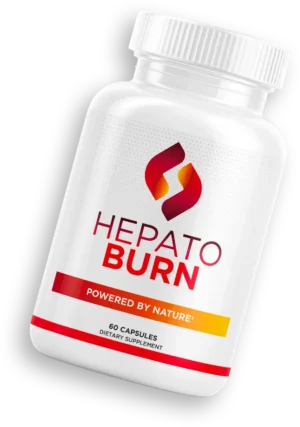Hepatoburn: Understanding the New Health Concern
In recent months, the term “Hepatoburn“ has started gaining attention in medical discussions and health news. But what exactly is Hepatoburn? Is it a real medical condition, a new disease, or a developing area of research? Let’s dive deep into the concept, symptoms, causes, and potential treatments surrounding Hepatoburn.
What is Hepatoburn?
Hepatoburn is a newly emerging term used to describe liver inflammation or damage caused primarily by overexposure to certain chemicals, medications, or toxins. It’s not an official diagnosis yet in the major medical literature like ICD (International Classification of Diseases), but healthcare professionals are increasingly recognizing patterns of liver stress linked to environmental and lifestyle factors.
In simple words, Hepatoburn refers to a “burning” or “damaging” effect on the liver, somewhat similar to how heartburn affects the esophagus — but much more serious, because the liver plays a vital role in detoxifying our body.

What Causes Hepatoburn?
Several factors may lead to Hepatoburn:
- Prolonged use of certain medications: Over-the-counter painkillers like acetaminophen (paracetamol) in high doses can stress the liver.
- Exposure to industrial chemicals: Solvents, pesticides, and heavy metals can accumulate and damage liver tissue.
- Alcohol consumption: Heavy or chronic drinking remains a top cause of liver inflammation.
- High-fat, high-sugar diets: Leading to non-alcoholic fatty liver disease (NAFLD), which could contribute to hepatoburn symptoms.
- Supplements and herbal remedies: Some “natural” products can ironically be toxic to the liver when misused.
Symptoms of Hepatoburn
Because the liver is a resilient organ, symptoms often appear late. However, common warning signs might include:
- Persistent fatigue and weakness
- Pain or tenderness in the upper right abdomen
- Jaundice (yellowing of the skin and eyes)
- Dark urine and pale-colored stools
- Nausea, vomiting, or loss of appetite
- Itchy skin
If you experience these symptoms, it’s crucial to consult a healthcare professional immediately.
Diagnosis and Testing
Doctors suspect hepatoburn based on symptoms, patient history (including exposure to toxins or medications), and blood tests showing elevated liver enzymes like ALT, AST, and bilirubin. In some cases, imaging studies like ultrasound, CT scans, or even a liver biopsy may be recommended.
How is Hepatoburn Treated?
Treatment mainly focuses on:
- Removing the cause: Stopping exposure to harmful chemicals, adjusting medication, quitting alcohol, or switching to a liver-friendly diet.
- Supportive care: Hydration, rest, and possibly medication to support liver function.
- Monitoring: Regular liver function tests to track healing.
- In severe cases, hospitalization may be necessary.
Prevention is the best medicine. Limiting unnecessary chemical exposure, moderating alcohol intake, eating a balanced diet, and consulting your doctor before taking supplements can go a long way in protecting your liver.
Final Thoughts
While Hepatoburn isn’t officially classified as a distinct medical condition yet, it’s a wake-up call to pay attention to our liver health. Our modern lifestyles expose us to many hidden risks, and the liver bears much of that burden silently — until it can’t anymore.
Early awareness, preventive measures, and prompt treatment can help keep your liver — and your overall health — strong and resilient.
